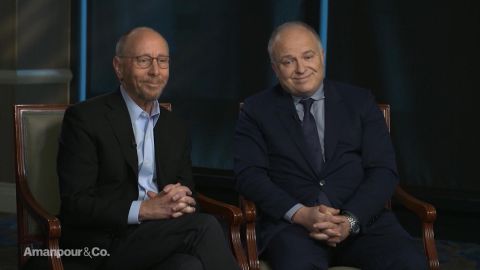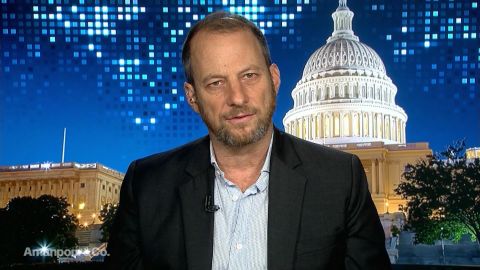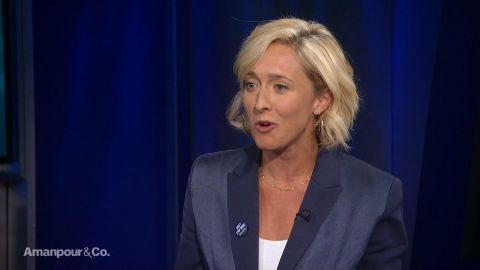Read Transcript EXPAND
GEORGE PACKER, AUTHOR, “OUR MAN”: It’s sort of alarming to realize how important character is in foreign policy. I think it’s even bigger than in domestic policy because there isn’t public opinion quite as strong to check it, there are not economic data that are sort of the facts that policymakers have to deal with, instead it’s the world. And we fundamentally know so little about other countries that the impulses of a few people with a lot of power can be decisive. And John Bolton’s impulses seem to be mainly militaristic ones. And does he know Iran? Does he know the Middle East? Is he — has he studied the history? Does he think about the far-reaching consequences? I don’t know but I don’t get that feeling. So, it — and without a president who is a cautious check on the psyches of his top aides, because he himself is both ignorant of the world and acts on impulse, character seems to be like an unchecked force, and it frightens me to think about that.
CHRISTIANE AMANPOUR: Well, that — at a time, when I think you also have written quite deeply about — to an extent America’s retreat, I think, from being, you know, front and center in international global policy. Where do you see America under Trump, and to an extent a little under Obama, in its traditional foreign policy role?
PACKER: I mean, there was a period after World War II when the United States was the main force behind international institutions and alliances and treaties, and that lasted about 50 or 60 years, and that was what I think of as the American century, a little more than half a century. Starting with the Iraq war, it began to unravel. I think President Obama saw it as his task to, in a sense, manage this decline wisely and carefully. But nonetheless, I think he saw us as a diminishing world power that couldn’t command leadership in all arenas the way we had in the post-war era. And I think Trump is accelerating that and also making it a more destructive force by turning us into one more great power, like China and Russia, acting on our own, very narrowly defined self-interest without much [13:05:00] concern for allies or for global leadership.
AMANPOUR: Well, this obviously brings me perfectly, it’s a really, really great entree into the subject of your book, who is the great American diplomat Richard Holbrooke and whose whole career was devoted to the opposite of what you’re saying, he believed in the alliances, he believed in the power of American policy, not just for its own selfish good, but for the good of the rest of the world.
About This Episode EXPAND
Christiane Amanpour speaks with George Packer about the legendary diplomat Richard Holbrooke; and Kate Pakenham about her new play, “Emilia.” Hari Sreenivasan speaks with Andrew Scott & Paul Irving about aging in today’s society.
LEARN MORE


